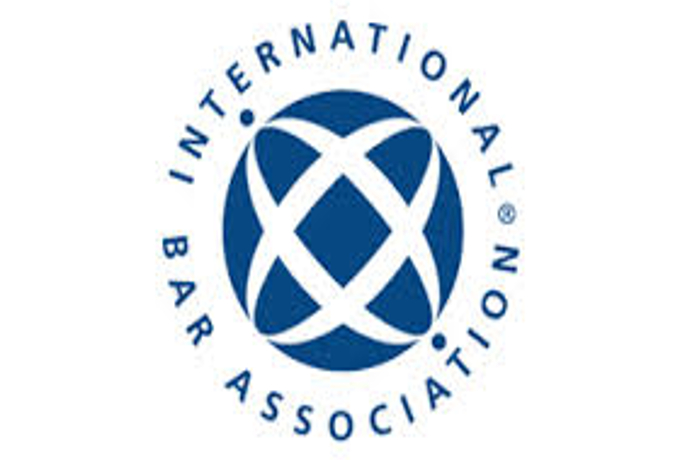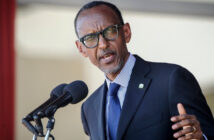Following on from the London Anti-Corruption Summit which took place in May 2016, the OECD and the International Bar Association (IBA) have agreed to form a task force to develop professional conduct standards and practice guidance for lawyers involved in establishing and advising on international commercial structures and recommended actions for governments.
The principle motivation for forming the OECD-IBA Task Force on The Role of Lawyers and International Commercial Structures is to create a key component in the global fight against corruption. The release earlier this year of the so-called Panama Papers highlighted that, in completing legal transactions for their clients, lawyers may knowingly or unwittingly assist clients in asset concealment or money laundering. International standards, such as the Recommendations of the Financial Action Task Force (FATF), provide a framework for conducting due diligence on customers and identifying the beneficial owner.
However, countries’ implementation of these standards has been variable. Since the scandal, many governments have called for greater transparency of such transactions, sometimes requiring reporting by lawyers. At the same time, lawyers are mindful of their professional obligations of confidence to their clients. The Task Force will work to develop appropriate guidance with respect to forming international commercial structures, while ensuring that confidence in both the lawyers’ role and the core principles of the legal profession are preserved.
Nicola Bonucci, OECD Director for Legal Affairs, commented: ‘Lawyers play a key role in our societies and the best way to ensure that they can continue to fulfil such a role is to work together on the design of good professional standards which can be used by all lawyers irrespective of their countries of origin or operation. Mere formal respect of the law is a necessary but not always sufficient condition and experts from the OECD and from the IBA will confront their point of view and work together in order to ensure that these professional standards meet the expectations of the various stakeholders. This pioneering work will not substitute or conflict with existing international and national requirements and will complement other ongoing OECD work on the role of tax intermediaries.’
IBA President David W Rivkin commented: ‘It is undeniable that lawyers must play a central role in complex offshore financial transactions. To ensure that they do not unwittingly facilitate economic crime, it is imperative that lawyers ask the right questions of their clients, vet them sufficiently, understand who are to be the ultimate beneficiaries of their client’s actions, and have an understanding of sovereign laws. In practice, inevitably complications arise. For example, what are a law firm’s obligations when conflicting sovereign laws apply in cross-border transactions? Recent events have shown that existing international and professional standards may not provide sufficiently clear guidance to lawyers who handle such transactions. Recent actions also present the danger that in their anti-corruption activities, governments may ignore the need for lawyers to advise their clients in confidence.
For this reason the IBA has partnered with the foremost inter-governmental organization analyzing and promoting economic policies, the OECD, to create appropriate standards while, at the same time, respect the fundamental rules applicable to the profession that are a key element of the rule of law. Each organisation will bring its relevant expertise to the project.’
The overall project will be led by Mr Bonucci and Mr Rivkin’s successor Martin Šolc, who begins a two-year tenure as President of the IBA on 1 January 2017. The composition of the Task Force will include lawyers and policy leaders from the IBA and the OECD, from common law and civil law jurisdictions, experienced in professional ethics, taxes, anti-money laundering, anti-corruption, financial services, trade and government affairs.
The Task Force will include consideration of concrete questions such as the following:
- What is the legal profession’s role in combating corruption, tax evasion money-laundering and terrorism financing taking into account relevant international standards professional duties of lawyers and the role that such duties play in preserving the rule of law?
- What steps, if any, should lawyers take in the event that acts or transactions previously legal become illegal as a result of a change of law?
- What should be the result when – notwithstanding the best efforts from the law firm – the client engages in activities that are legal in one jurisdiction but illegal in another?
- What use, if any, may be made of illegally garnered information and what liability do lawyers have for inadvertent breach of client confidentiality?
- What steps should governments take to provide transparency of such transactions while recognizing legitimate attorney-client privilege and professional secrecy?
This latest collaboration builds on the existing OECD-IBA Memorandum of Understanding in which the parties agreed to work together on a number of areas including corporate social responsibility, competition, trade and investment, taxation, financial services and migration. Among other things the two organisations have agreed to: exchange information and participate in fact-finding missions; formulate new rules and guidance for international business and finance; publish joint reports; organize joint forums, workshops and seminars; and for the IBA to contribute to periodic reviews and updates of OECD instruments.




